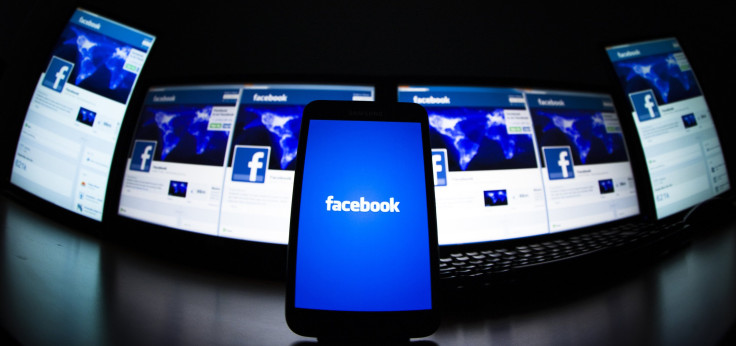Facebook Is Pro-Russia, Senior Aide To Ukraine’s President Petro Poroshenko Says

A senior official in the Ukrainian government on Thursday accused Facebook of pro-Russia bias, ahead of a question-and-answer session with the company’s co-founder Mark Zuckerberg. The official, who serves as an aide to Ukrainian President Petro Poroshenko, is also reportedly in talks with the social networking giant to solve the problem.
According to Dmytro Shymkiv, deputy head of the Ukrainian presidential administration, Facebook’s Russian moderators are overseeing Ukrainian users of the social networking site, and are influenced by Moscow’s political agenda in the conflict in eastern Ukraine, Agence France-Presse (AFP) reported.
“There is pro-Russian influence and pressure on the Facebook office in Russia,” AFP quoted Shymkiv as saying.
In a personal appeal to Facebook, Poroshenko had asked the company earlier this week to open a separate office in Ukraine to avoid such alleged bias, AFP reported, adding that Poroshenko appealed to Zuckerberg writing from his own Facebook account.
“We have to use all available channels to get reaction from global companies,” Poroshenko wrote. “Ukraine does need a Ukrainian Facebook office!”
Poroshenko’s appeal came after many Ukrainian campaigners urged the California-based firm to take action against alleged Russian attempts to silence pro-Ukraine voices. According to the campaigners, several accounts critical of Moscow’s role in the conflict have been suspended after Russia filed false reports of abuse against them, BBC reported.
While Facebook is yet to respond to the issue, it previously said that its Russian-language segment is managed from Ireland and that it does not have a physical office in Russia, AFP reported.
According to Russian observers, the government is believed to have run the so-called “Kremlin bots” or the “troll army” to monitor posts critical of the Kremlin and manipulate the Facebook system to set off a series of complaints against any user, which ultimately leads to account suspensions.
“In Russia, the battles on social networks are especially acute, and the government uses the services of an online army,” Sergei Parkhomenko, a blogger and journalist, told AFP.
© Copyright IBTimes 2024. All rights reserved.






















